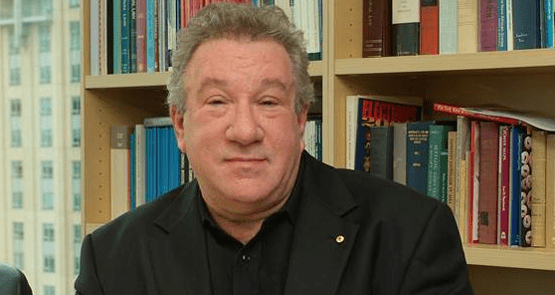
Year on year, the number of complaints to print media ethics body the Press Council rises 15%. But the number of people making complaints is quadrupling every year, Press Council chair David Weisbrot told Crikey.
As the Press Council prepares to enter its fifth decade, Weisbrot thinks social media is probably behind the boom.
“Somebody sees an article, puts up a petition, then everybody complains,” he said. “Whereas we might have gotten 17 letters about a particularly horrible article years ago, now we might get 2000.”
“We’re assuming that load won’t decrease.”
Many of the complaints to the Press Council, he says, are around similar topics. Reporting on domestic violence causes a lot of angst, as does reporting on Muslim people or Islam itself. How reporters interact with children is a frequent generator of complaints, as is, increasingly, sponsored content. “People write in, quite indignant, saying they were halfway through an article and then realised it was advertising, and would have read it very differently from the start if they’d been aware.”
The Press Council is focusing on taking feedback on these issues to its members, in the hopes of avoiding complaints in the future. “I don’t want the industry to see the Press Council as internal affairs bureau — lying in wait for people to make mistakes and then pouncing,” Weisbrot said. “You don’t educate a classroom by picking on one person who makes mistakes. It’s a shared enterprise. We have to work together to lift standards.”
The Press Council turns 40 this year, and is spending much of its time planning a large journalism conference in Sydney to celebrate.
But as its major funders (News Corp and Fairfax) face ever-increasing commercial pressures, and as the rest of the print media landscape fractures, does Weisbrot think it’ll still be around to turn 50?
He says there are only two options for print media regulation in Australia. “I don’t think any government of any political stripe will leave the whole area unregulated. So it’s either government regulation, in the form of a body like the ACMA, for example, or co-regulation through a body like the Press Council.
“We’re trying to broaden and diversify our membership. Partly to be realistic about maintaining our funding base, and also to be relevant.”
“We’re also looking at new agencies. Take AFL media or ANZ bluenotes. They do high-quality journalism but in a corporate environment. Can we sign them up as members? My instinct is yes, as long as they have an independent editorial culture.”








LOL The irony is that twitter, for all is *many* faults and failings, is a far more effective complaints mechanism than the Press Council ever has been or will be.
Democracy is dead, long live twitter would become the result if ever the twits gained enough influence.